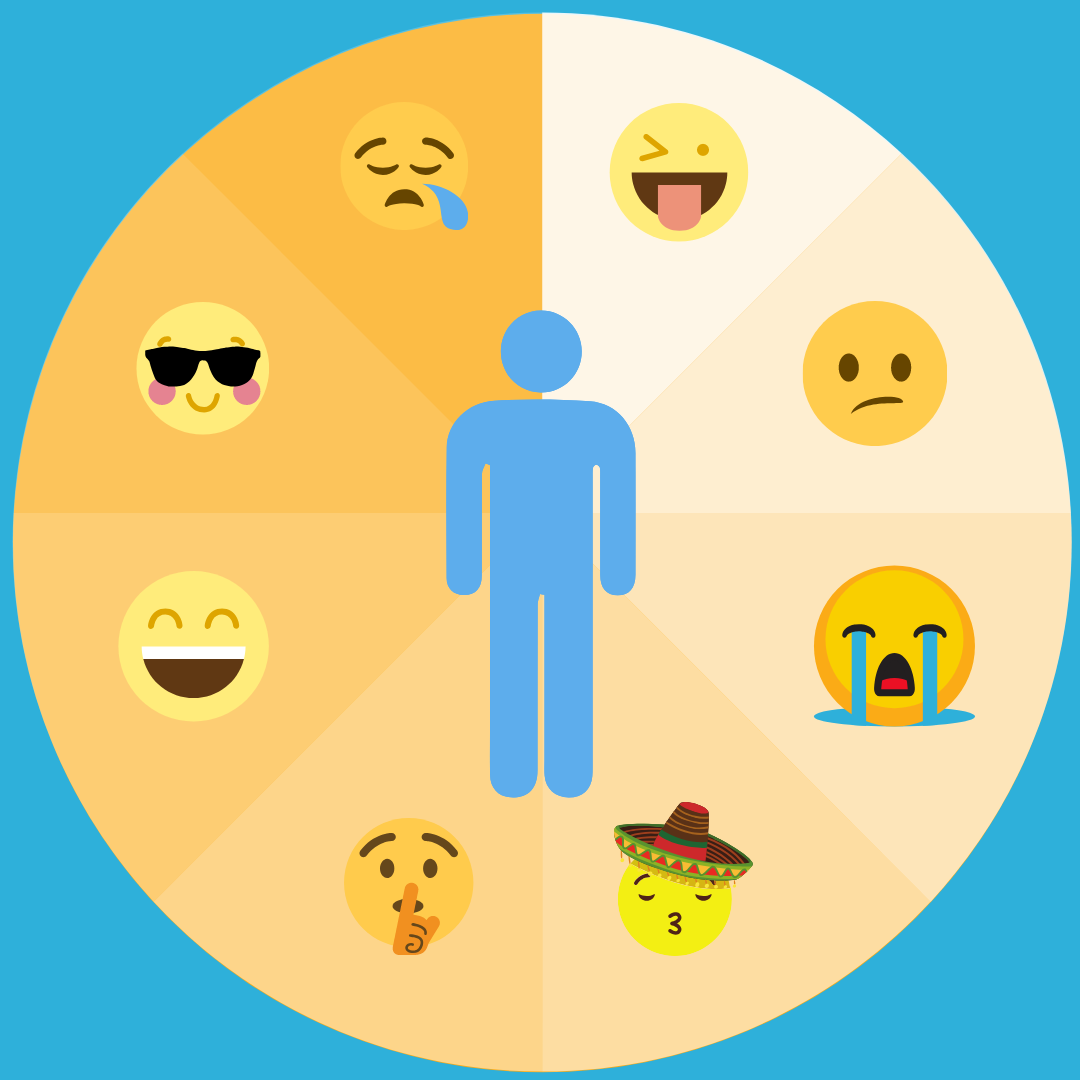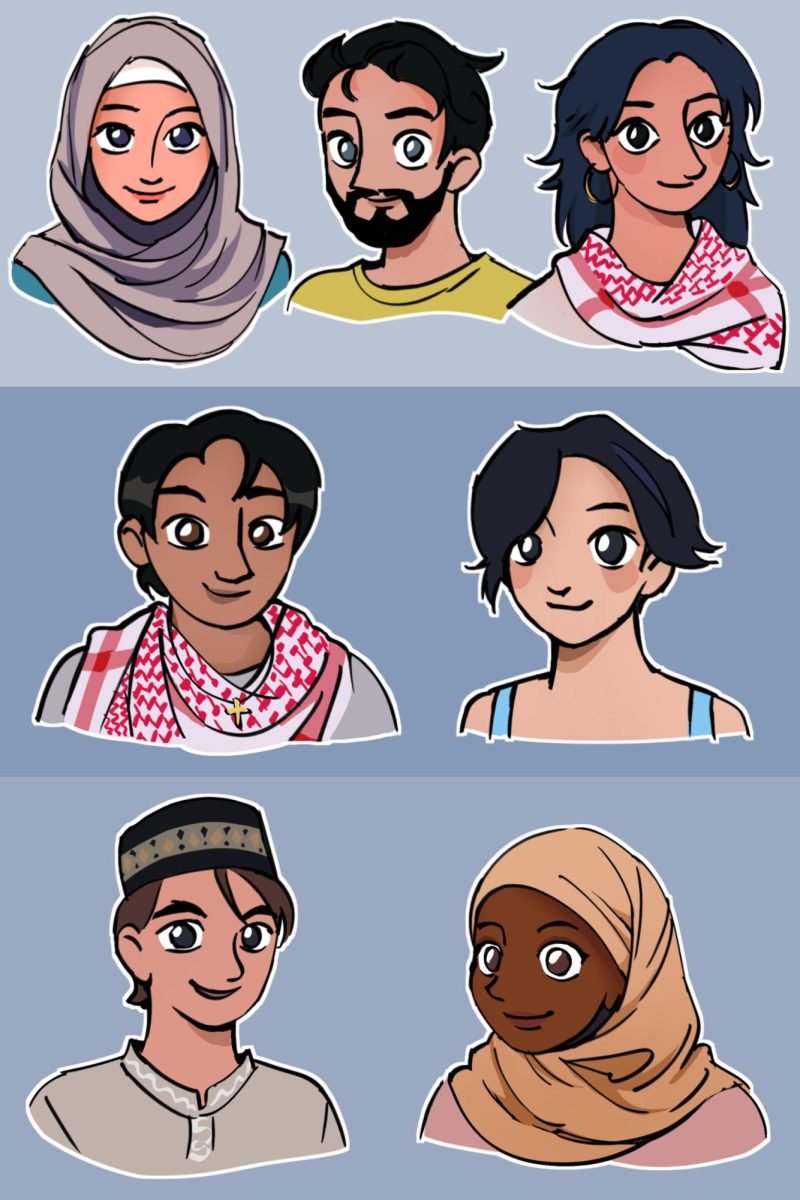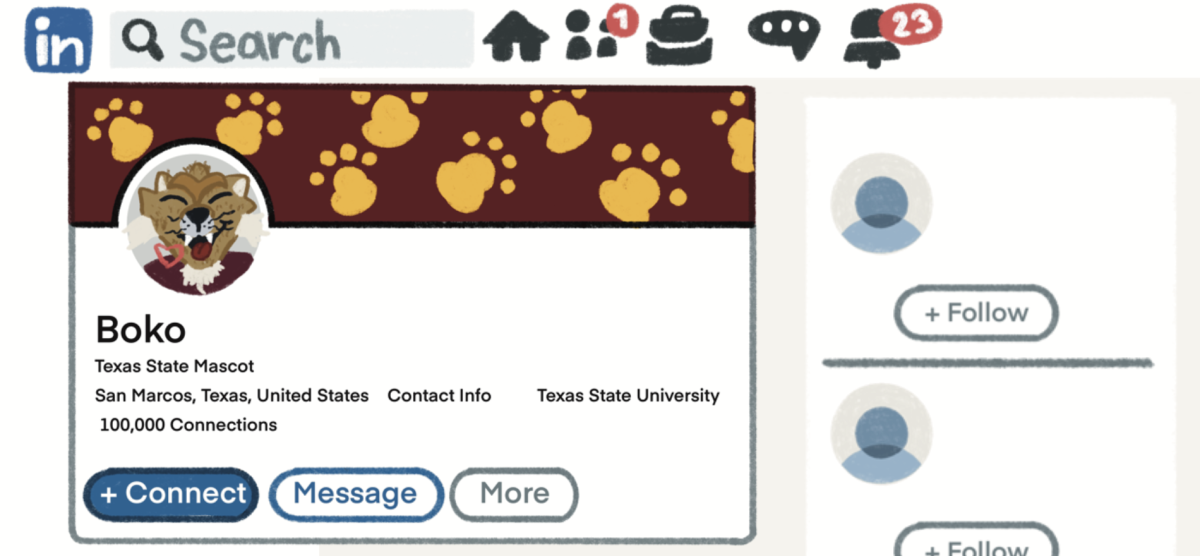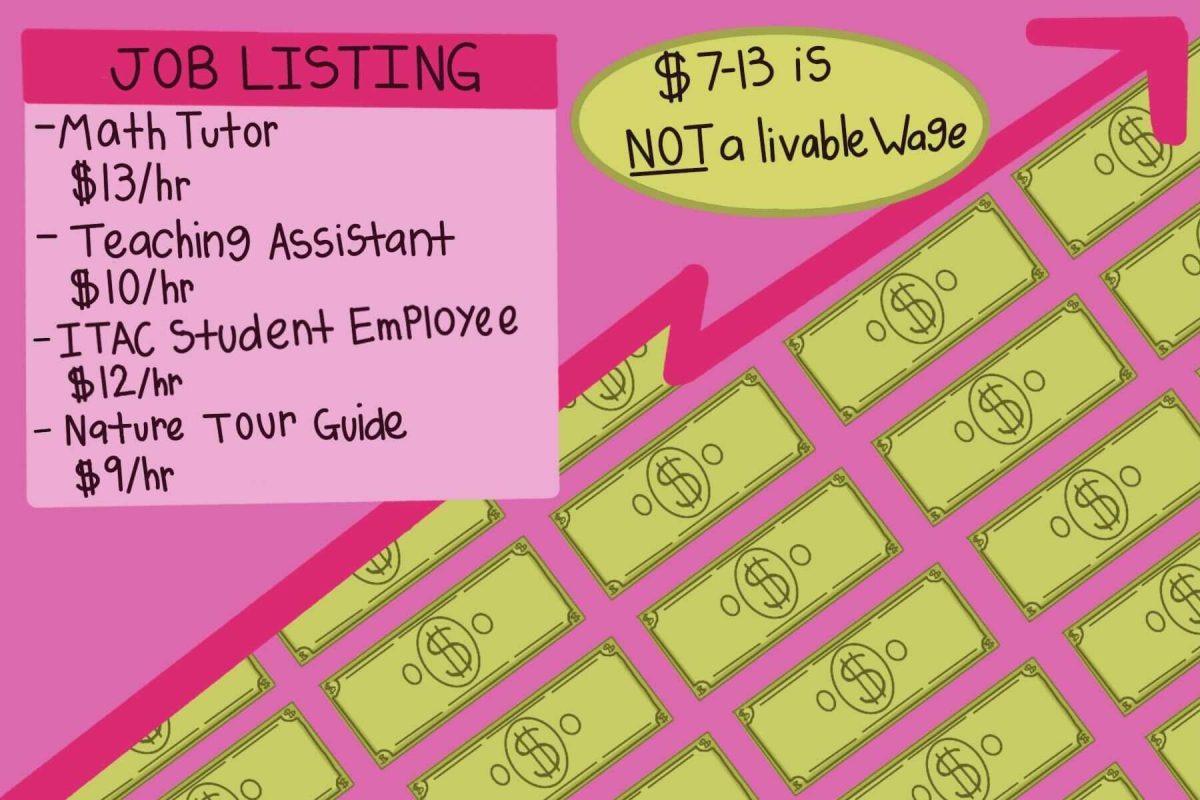Compartmentalizing human beings has become a toxic part of our communities that is a hindrance to our ability to have real conversations about ethical behavior.
From YouTubers and ContraPoints to bell hooks and Beyoncé, the current social climate seems to prioritize vain self-righteousness over progressive conversation.
Conversation on cancel culture is not the aim here. Cancel culture is usually conflated with what feminist, Jo Freeman, called “trashing.” To be explicit, cancel culture is an unclear term that will be understood more clearly as constructively criticizing ideas or behavior, while trashing is to be understood as an attack on one’s character.
As Texas State requires many, if not, all majors to take an introductory philosophy course, one can recognize that this situation is understood as the fallacy of ad hominem.
A pitfall for most people in their developmental journeys is a reliance on compartmentalization in their day-to-day interactions.
Compartmentalization is a psychology term that refers to one’s ability to draw boundaries between the different aspects of their essential nature or personality and use them when necessary. It can take the form of separating one’s work self from their private self or how they interact with a friend versus their associate.
When one compartmentalizes, they have essentially developed a piece of their personal expression that is reserved for their interaction with a specific person or place.
All this to paint the picture for the conversation around how the root of trashing is linked to this compartmentalization. We not only compartmentalize ourselves, but we especially compartmentalize others.
Generally, human beings are not considering what part of another person’s personality is currently in use. They assume that whatever bit of personality this person may be using is somehow the totality of their being or assume this person’s whole personality based off limited interactions.
This is not to excuse hate speech or acts that are merely to provoke. These expressions are harmful and violent. The goal here is avoiding compartmentalization and viewing mistakes or ignorance as just a small part of this person’s psyche that might be altered if approached in good faith.
Additionally, no one is obligated to teach another person a more proper ethic. Opting out of the conversation is a justified response, especially if the conversation triggers traumatic memories.
But, a caution should be raised, in the case of those who opt out based simply on the decision to not participate as this attitude assumes moral superiority and the position to criticize, but ignores the distinction between constructive criticism and criticism for its own sake.
The ideals that look like public figures or even our peers are not real. There is no unproblematic human being. When one compartmentalizes another, they deny their humanity and their space to make mistakes or be wrong in exchange for the criticizer having a vain feeling of self-righteousness.
People should aim to commit to seeing one another as human beings, refrain from the impulse to simply trash and begin criticizing constructively so we can all move on.
– Jacob Montgomery is a philosophy senior
Opinion: Society needs to learn to criticize constructively
March 4, 2020
Emoji wheel with various emotions
0
Donate to The University Star
Your donation will support the student journalists of Texas State University. Your contribution will allow us to purchase equipment and cover our annual website hosting costs.
More to Discover














